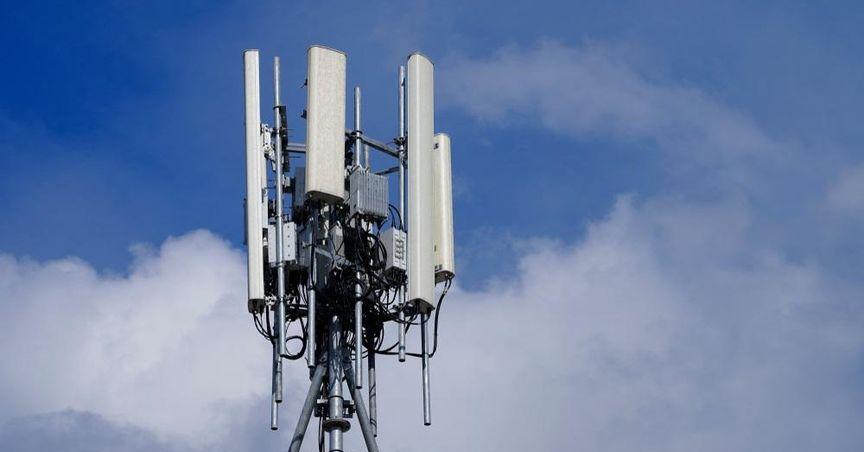Highlights
- ITV plc (ITV) has faced a 6.5% decline in stock price over the past three months.
- The company maintains a solid return on equity (ROE) of 22%.
- Despite good profitability, earnings growth has been slow, and dividends take a large share of profits.
ITV plc (LON:ITV), one of the leading broadcasters in the UK, has seen a decline of 6.5% in its stock price over the past three months. While such a drop may seem worrying, it’s important to remember that stock prices are often influenced by short-term fluctuations. Over the long run, a company’s financials—such as its return on equity (ROE)—can be a better indicator of its overall performance and potential for growth. In ITV's case, the company has demonstrated a respectable ROE, which offers some insight into its financial health.
Return on equity (ROE) is a key metric for evaluating a company’s profitability in relation to its equity capital. ITV’s (ITV) ROE currently stands at 22%, which is calculated by dividing its net profit of £426 million by its shareholders' equity of £1.9 billion (based on data from June 2024). This figure suggests that for every £1 of equity, ITV generates £0.22 in profit. Given the company's solid ROE, it would typically signal good financial efficiency.
However, ROE alone doesn't tell the whole story. For companies like ITV (ITV), it’s crucial to examine how this profitability translates into earnings growth. Generally speaking, firms with high ROE and strong reinvestment of profits tend to experience better growth rates. Unfortunately, ITV's recent financial performance tells a different story. Despite its strong ROE, the company reported a 4.4% decline in net income. This indicates that the company's earnings are not growing at the same rate as its profitability, and other factors could be at play.
One possible reason for this lack of growth is ITV’s high payout ratio, which stands at 57%. This suggests that a significant portion of the company’s profits is being distributed to shareholders in the form of dividends, leaving little capital for reinvestment into the business. This could contribute to the stagnation in ITV’s earnings. In fact, when comparing ITV's performance with its industry peers, the contrast is clear: while ITV's earnings have declined, the broader industry has experienced a 30% earnings growth over the past few years.
Looking ahead, analyst projections indicate that ITV’s (ITV) earnings may continue to shrink, despite the high ROE. The company is expected to maintain a similar payout ratio of around 53% over the next three years, which will likely lead to a slight reduction in its future ROE to 19%.
While ITV plc (ITV) has a solid return on equity, its inability to grow earnings at the same pace as its industry peers and its heavy reliance on dividend payouts raise questions about its future growth prospects. Potential investors should consider these factors when evaluating ITV’s financial outlook.



